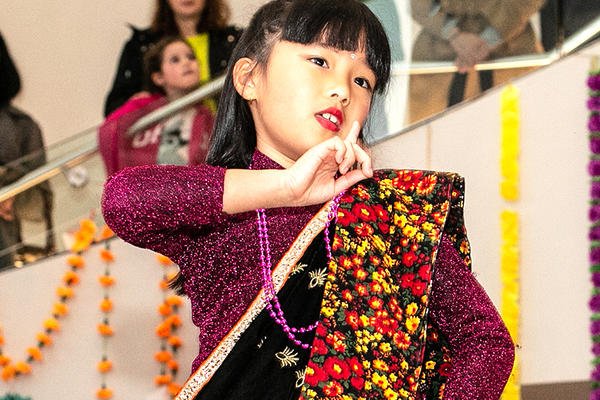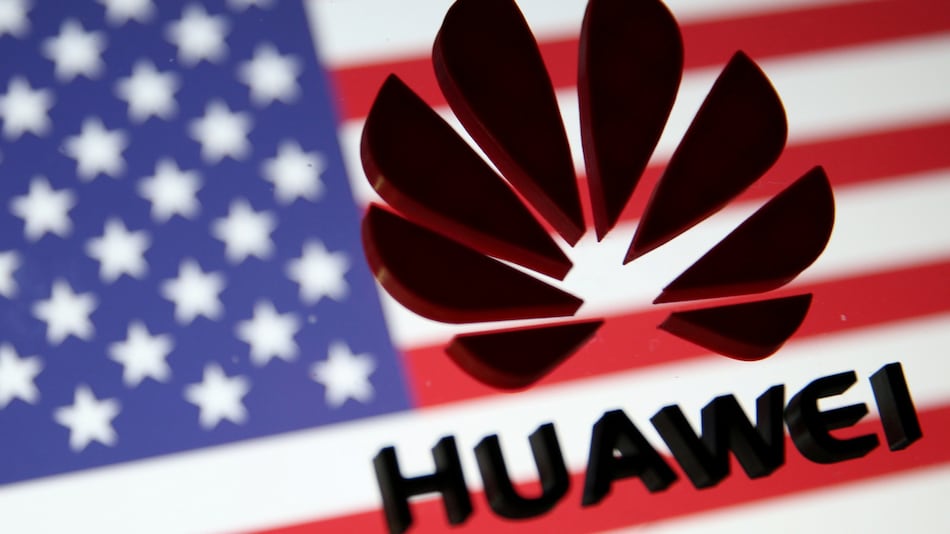
Myanmar leader Aung San Suu Kyi has said she did not use the term Rohingya to refer to the Muslim minority facing persecution by the military, which the United Nations has accused of ethnic cleansing, in her first address to the Buddhist-majority nation on the crisis as she did not want to use “emotive” terms for an already affected population.
Suu Kyi on Tuesday condemned rights abuses in Rakhine State, where violence that began last month has triggered an outflow of 421,000 Rohingya Muslims to seek refuge in neighbouring Bangladesh, and said violators would be punished.
But, she did not blame the army or address allegations of ethnic cleansing, drawing cool international responses.
She mentioned the Rohingyas by name only once in reference to the armed militant group – the Arakan Rohingya Salvation Army (Arsa) in her address.
“There has been a lot of controversy with regard to the term used to describe the Muslims in Rakhine as there are those who want to call themselves as Rohingyas or who want to refer to the Muslims there as Rohingyas. There are those who want to call themselves as just Bengalis, which are not ethnic Rakhine,” Suu Kyi told ANI in Myanmar’s capital Naypyitaw in an exclusive interview.
“I think instead of using this emotive term as it is ‘highly charged’, it is better just to say Muslims. It’s just a description that nobody can deny. We are talking about the Muslim community in the Rakhine state, and I do not see any point using terms that inflame passions further,” she added.
Amnesty International said Suu Kyi and her government are “burying their heads in the sand” over the violence tearing through Rakhine state and criticised her for failing to use a televised address to condemn the army for alleged abuses.
Petitions online have even called for ‘Daw Suu’ to be stripped of her Nobel Peace Prize, saying her response has not been enough.
When asked to make a distinction on whether the Rohingya issue was a humanitarian or a socio-economical crisis, the de-facto leader called it “a humanitarian issue, which has risen out of long-term social-economic problems. The problems of the Rakhine state go back to the 19th century.”
“We have to deal with it and resolve it. And obviously, it is not something we can do overnight and it’s not something we can find simple answers to, because building up trust and harmony between the two communities that have been hostile to one another is not easy,” she said.
“But there are places in the Rakhine state, where the communities live in a harmonious way and we want to see why it is not possible in some other places.”
The latest unrest in the troubled Rakhine state was sparked by attacks on police stations across the state last month, blamed on a newly emerged militant group, the Arsa.
Suu Kyi said on Tuesday she does not fear global scrutiny over the Rohingya crisis, pledging to hold rights violators to account and to resettle some of the Muslims who have fled army operations in her country. But she offered no concrete solutions to stop what the UN calls “ethnic cleansing”.
Suu Kyi also defended her country from international criticism and said “more than half” of Rohingya villages were not affected by the violence and invited diplomats and foreign observers to visit them to see “why they are still there when they are surrounded by a state of turmoil”.
UN human rights investigators have said they needed “full and unfettered” access to Myanmar to investigate the grave and ongoing crisis, but the government renewed its rejection of the probe.
[“source=hindustantimes”]



